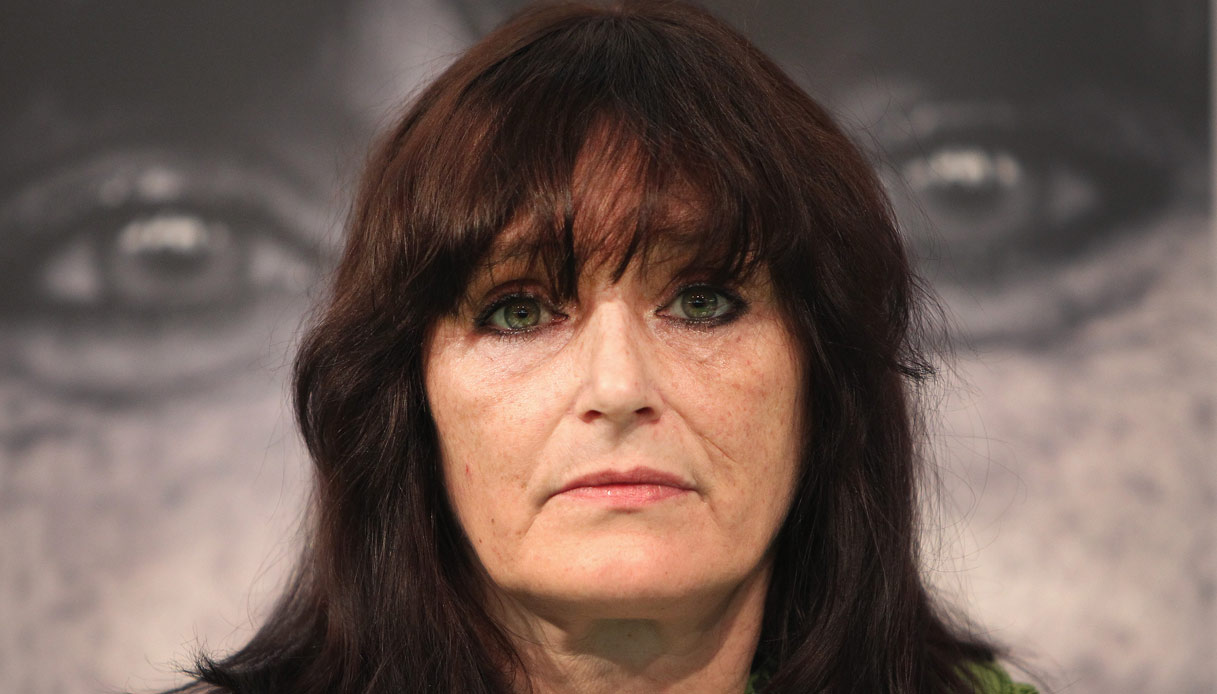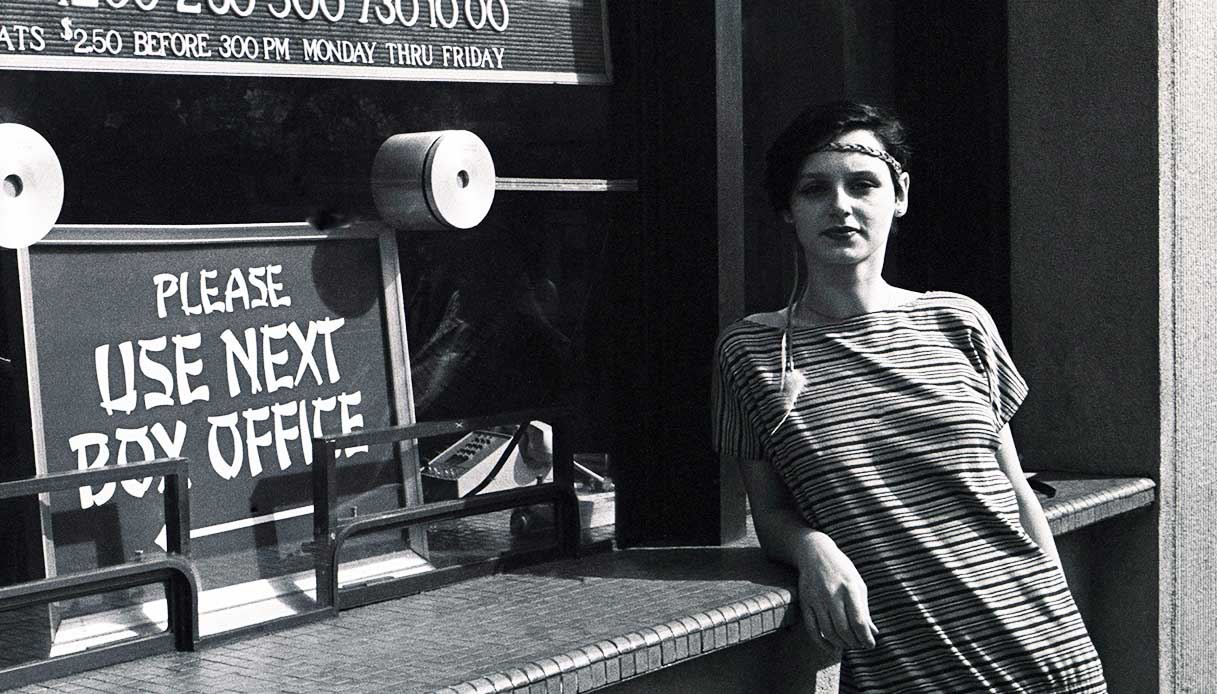Table of Contents
There are successful books that allow people to identify with passion between the stories and characters of the narrative, ci are then literary cases, which last and last over time, the same ones that manage to conquer even several generations. And then there is us, the guys from the Berlin zoo.
When Christiane F. published her book in 1978 – which only arrived in Italy in 1981 – it shocked public opinion. There are those who finally opened their eyes to some realities so deeply rooted, but so well hidden, who read the book with disbelief, who still with disgust or compassion. But the feeling remained the same: all had been involved in a war which had been fought for some time without their knowledge.
There was an army fighting – or perhaps losing – that war, which never achieved any victory. Among the degraded corners of the city, in the subway station of the Berlin zoo and in the streets on the edge of the comfort zones of the well-thought-out. Silent fighters willing to do anything to get a dose, the same that often put them out. Maybe the others knew about this war, but they didn’t want to see. Then she came along, Christiane F., and forced them to watch.
I was not thinking of anything. I didn’t notice anything. Sometimes I didn’t even know if I was still alive.
We, the guys from the Berlin zoo
Like a punch in the stomach that leaves, after itself, an invisible pain, so was us, the boys of the Berlin zoo. A novel-investigation that it has violently tore through the silence on the existing reality made up of drug addiction, which entered through the windows and doors of the houses of those who had locked them well. By now, it was no longer possible to pretend nothing happened.
And the story of Christiane F. is one of them, an abyss of pain and despair between the existential dramas of a war fought together with others like her, those who break through. All held together by the addiction and the words of the authors of the investigative book, Kai Hermann and Horst Rieck, which without fictional outlines and kind words brought back the truth, naked and crude.
It is 1978 when the two journalists prepare to meet Christiane. The motivation is an interview about the youth situation and the adolescent dramas of the Berlin boys.
Two hours were scheduled for the interview, which turned into two months. We soon found ourselves no longer in the role of interviewers but in that of extremely engaged listeners. From the transcripts of the taped reels of the interviews this book was born.
After a year, everyone was talking about those kids. About the protagonist Christiane F., who knows drugs at the age of 12, who sells her body for a dose, who loves a boyfriend who maybe she really doesn’t love. Again she who sees the names of her friends appear, one after the other, in the obituaries of the newspapers.
The story of the protagonist alternates with the words of others, excerpts of direct testimonies from survivors to that war, of the social workers and the police, in a book that talks about her but also about all the others, about a problem that poisons Berlin and her children, and all of Europe in those years.
Everything had become completely realistic again, that is, completely hopeless.
The true story of Christiane F.
Christiane starts smoking hashish, because perhaps there was nothing wrong with doing it, because the desire to escape and escape from a reality that he did not want to be his, it was itself an addiction. Then she switched to acids, pills and heroin.
The effect really came like a hammer blow. But I had imagined a real orgasm differently. Immediately after that I was completely brutalized. I hardly perceived anything and thought of nothing.
And maybe that’s what Christiane really wanted: don’t think about anything anymore. It didn’t matter if he had to get on that one-way train to hell to do it.
Christiane Vera Felscherinow, known under the pseudonym of Christiane F. was born in Hamburg on May 20, 1962. She grew up in Gropiusstadt, on the outskirts of Berlin, among tall, gray concrete buildings and too few play areas. The father is violent, the mother is absent, and the desire to do something forbidden grows more and more every day.
You learned completely automatically that everything that is allowed is terribly silly and that everything that is forbidden is a lot of fun.
The moods are fluctuating and between one dose and another, Christiane finds herself among the dark and muddy streets of Bahnhof Zoo, the subway stop where she will sell her young body for a few shots of heroin. She does it because she needs the money, for her and for Detlef. They live together as two lovers at the home of a regular customer of the boy. Even if in love, perhaps they never were.
She herself admits that, without drugs, there was no feeling between the two. So continues to sell his body, continues to take his drugs. People now know this, they have read it in the pages of the book where moralizing judgments are – and must – be left out.
Because that’s Christiane’s life, those are her friends and her new family. In that unbalanced microcosm between them they help each other, to pierce themselves, to remain standing. But she doesn’t feel at home that way either, so she tries to detoxify, get out of the abyss, and then come back. Again and again.
We will no longer have any desire to go back up
“We will no longer have any desire to go back up” is the last sentence of the last page of the book We, the guys from the Berlin Zoo. And Christiane? And the others? The spotlight turned on the girl who in the meantime became a woman and cleaned herself from the mud of Bahnhof Zoo.
Christiane has taken on, in her most popular version, the features of Natja Brunckhorst, the actress who played her in the film version of the 1981 book. But what is left of that spectacle of pain? Where is Christiane, besides the myth?
All that is left is told by Christiane F. herself, together with the journalist Sonja Vukovic, in the book Christiane F. – Mein zweites Leben. It is his second life that, this time, it is brought to light. Even if that light, she, will no longer see it.

Christiane Felscherinow (Getty photo)
Christiane F., my second life
Between 1981 and 1984 Christiane he is passionate about music and attempted a musical career with the support and complicity of his partner, Alexander Hacke, musician of the band Einstürzende Neubauten. In 1985, however, she was arrested for drug possession, so she left Berlin and moved to Greece at the turn of the 90s.
She begins a new life with her boyfriend who is arrested for drug dealing. Christiane returns to Berlin and in 1996 has a son. Local media continue to talk about her, slamming her misdeeds into the pages of newspapers, including the dramatic news of her child’s custody being taken away due to her drug addiction.
The second life of Christiane F. is made up of ups and downs, of relapses and struggles for survival, of dangerous friendships and pain, but also of happy years and love. Each chapter of the book is an opportunity that the woman has not been able, or perhaps wanted, to grasp
I never wanted to stop, I didn’t know anything else in life. I have decided to live a different life from others. I don’t need an excuse to quit – admitted Christiane Felscherinow in an interview she releases to Vice, thus remaining the symbol of a generation broken and scarred by the glamorous patina of David Bowie’s or Iggy Pop’s songs.
We, guys from the Berlin zoo, the TV series
40 years have passed since the release of the book and the famous film directed by Uli Edel. And that story made of heroin, prostitution, friendship and complicity, is now back in the limelight, perhaps for the new generations who know nothing about the life of Christiane and the other boys of the Berlin Zoo subway station.
We, the boys of the Berlin zoo, is now a television series distributed by Prime Video. Today people can relive those adolescent hardships that have resulted in the worst addictions, between the search for personal identity and the desire – never redeemed – to leave the pain behind.
There is Christiane and there are her friends, told by the authors of the television series through all the materials collected by the journalists of the Stern magazine. There is the anti-fairy tale and that mowed future to be made known to the new generations.
We never talked about the future.

Christiane Vera Felscherinow
Read also











